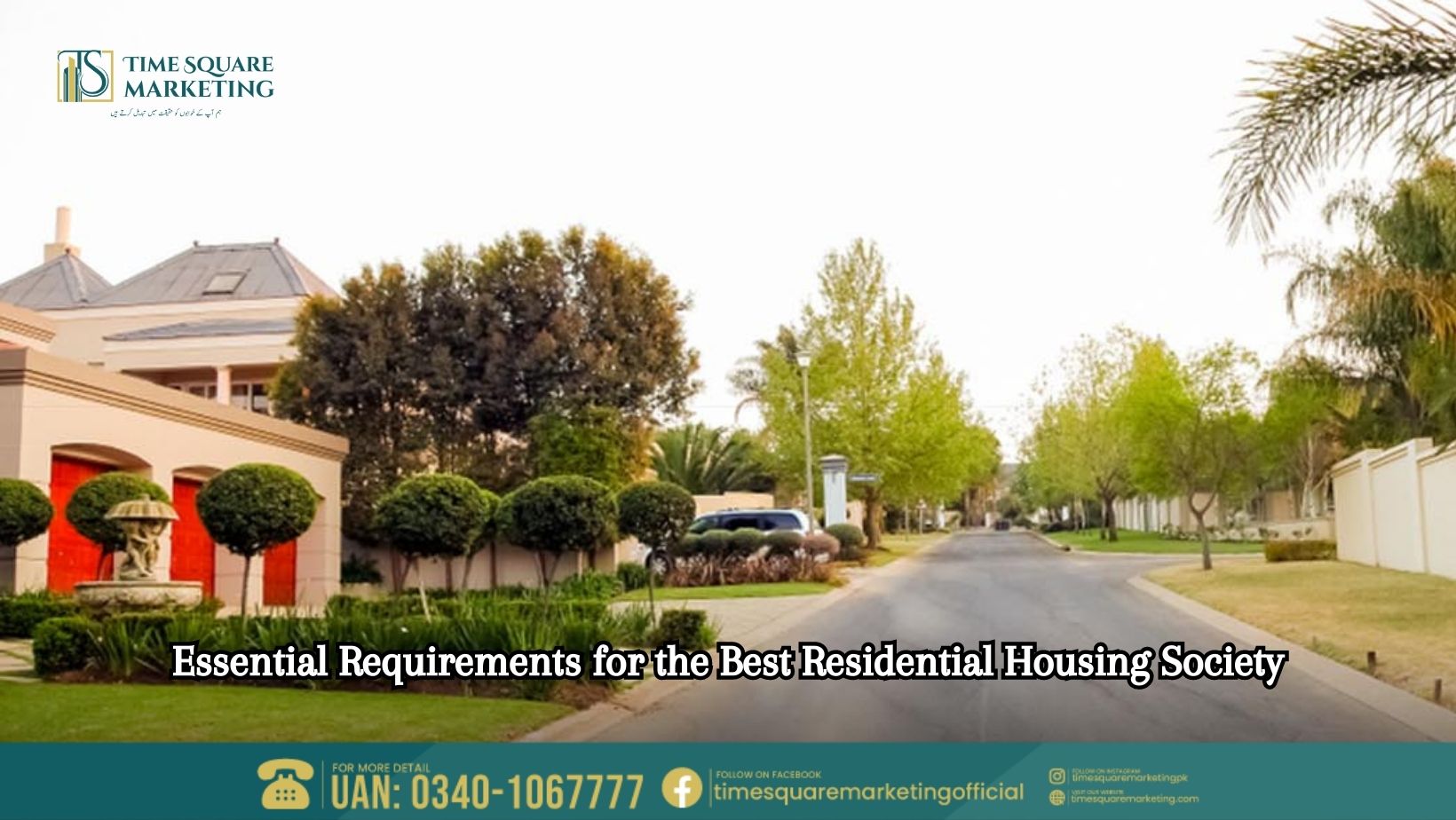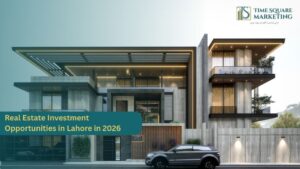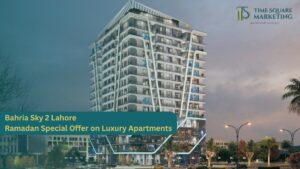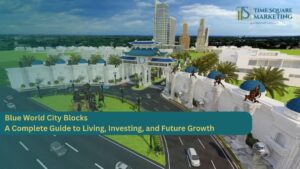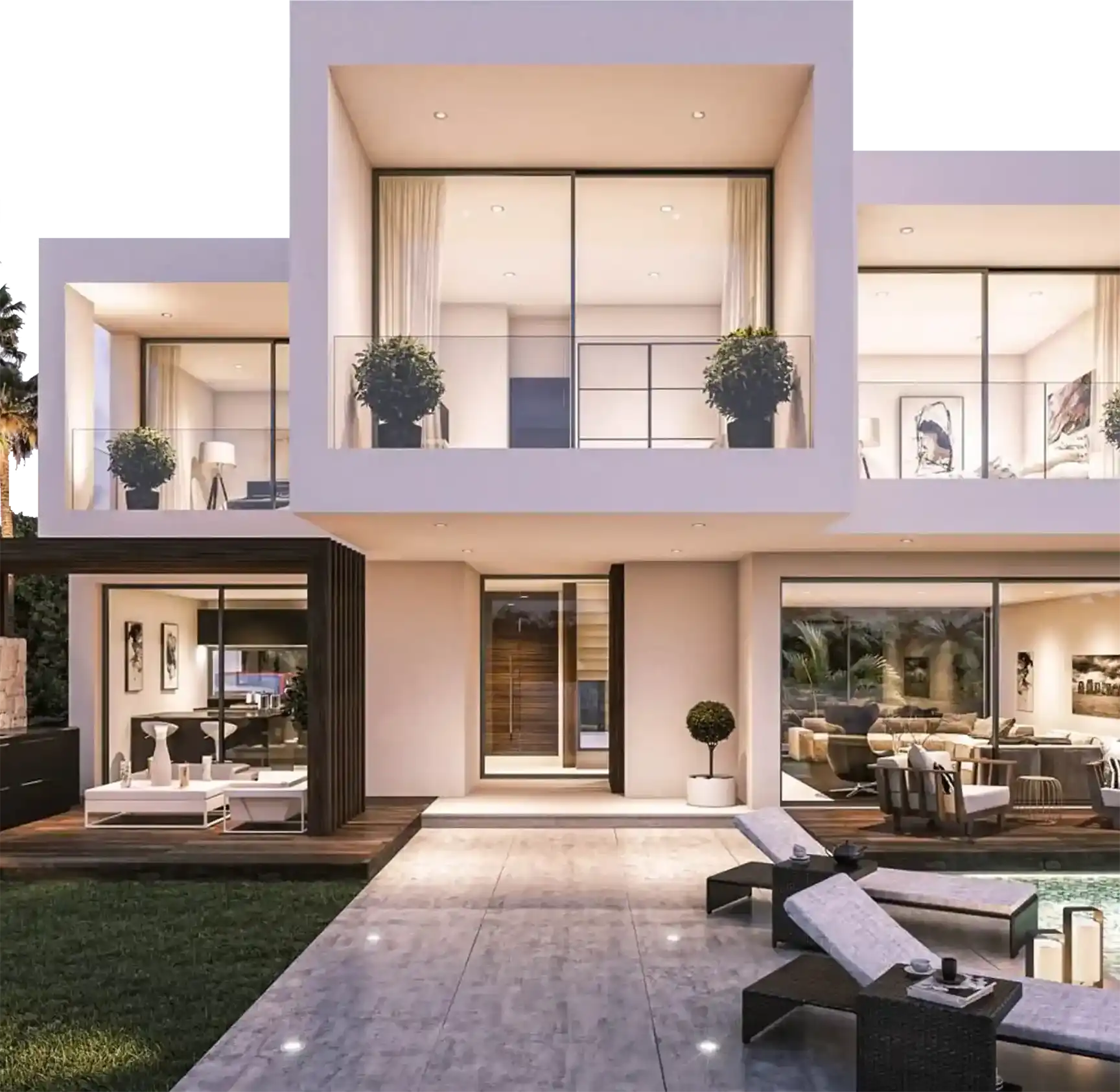In an era marked by rapid urbanization and a growing population, the need for well-designed and well-managed residential housing societies has become increasingly important. A best residential housing society serves as a microcosm of a community, providing its residents with a safe, comfortable, and fulfilling living environment. To meet the evolving demands of modern living, it is crucial to understand the key requirements that contribute to the development of the best residential housing societies.
Location and Accessibility
One of the primary considerations for a residential housing society is its location. A well-planned society should be strategically positioned to ensure convenient access to essential amenities such as schools, hospitals, shopping centers, and transportation hubs. Proximity to employment opportunities and recreational facilities is also desirable. The availability of good connectivity and transportation infrastructure plays a pivotal role in ensuring that residents can move around easily and efficiently.
Security and Safety
The safety and security of residents should be a top priority for any residential housing society. A comprehensive security system, including manned security personnel, CCTV surveillance, and controlled access points, is essential. Adequate lighting in common areas, well-maintained pathways, and a well-planned layout that discourages criminal activities are crucial aspects to consider. Additionally, the presence of fire safety measures, such as fire alarms, extinguishers, and evacuation plans, is vital for the well-being of residents.
Infrastructure and Amenities
An outstanding residential housing society should provide an array of quality infrastructure and amenities to enhance the quality of life for its residents. These may include well-designed and maintained roads, reliable water supply, efficient waste management systems, and a robust power supply. Recreation facilities like parks, gardens, sports courts, swimming pools, and community centers promote physical well-being and social interaction among residents. Adequate parking spaces, both for residents and guests, are also crucial to avoid congestion and inconvenience.
Read More About Zaitoon City Lahore Payment Plan 2023
Green Spaces and Sustainability
An ideal housing society must integrate green spaces and adopt sustainable practices to create a healthy and eco-friendly environment. The inclusion of parks, green belts, and gardens not only enhances the aesthetic appeal but also provides a space for residents to connect with nature. The implementation of sustainable measures like rainwater harvesting, solar energy utilization, waste recycling, and tree plantation initiatives contribute to a greener and more environmentally conscious community.
Community Engagement
A thriving residential housing society fosters a sense of community and encourages active participation among its residents. Provision of community spaces, such as multipurpose halls and meeting rooms, facilitates social gatherings, cultural events, and interactive sessions. Engaging residents through recreational activities, clubs, and associations promotes a sense of belonging and mutual support. Effective communication channels, such as newsletters, websites, and social media platforms, enable efficient information dissemination and facilitate community engagement.
Professional Management and Maintenance
Efficient management and maintenance are vital to ensure the smooth functioning and upkeep of a residential housing society. A dedicated team of professionals should be responsible for managing various aspects, including security, maintenance of common areas, financial administration, and resolving resident grievances. Regular inspections, preventive maintenance schedules, and prompt response to repair requests are crucial to maintain the infrastructure and amenities in good condition.
Read More About Blue World City
Ethical and Transparent Practices
An exemplary residential housing society adheres to ethical and transparent practices in its operations. Transparent financial management, with regular audits and clear financial reporting, builds trust among residents and ensures accountability. Fair and unbiased processes for allotment, transfer, and leasing of properties prevent malpractices and maintain the integrity of the community. Encouraging diversity and fostering a culture of inclusivity further contribute to the well-rounded development of the society.
Conclusion
The requirements for the best residential housing society encompass a multitude of factors, ranging from location and accessibility to security, amenities, sustainability, community engagement, and effective management. A harmonious blend of these elements creates an ideal living environment that caters to the diverse needs of residents. By prioritizing these requirements, developers and residents can work together to establish housing societies that not only meet the present demands but also evolve with the changing times, ensuring a desirable and fulfilling living experience for all.

